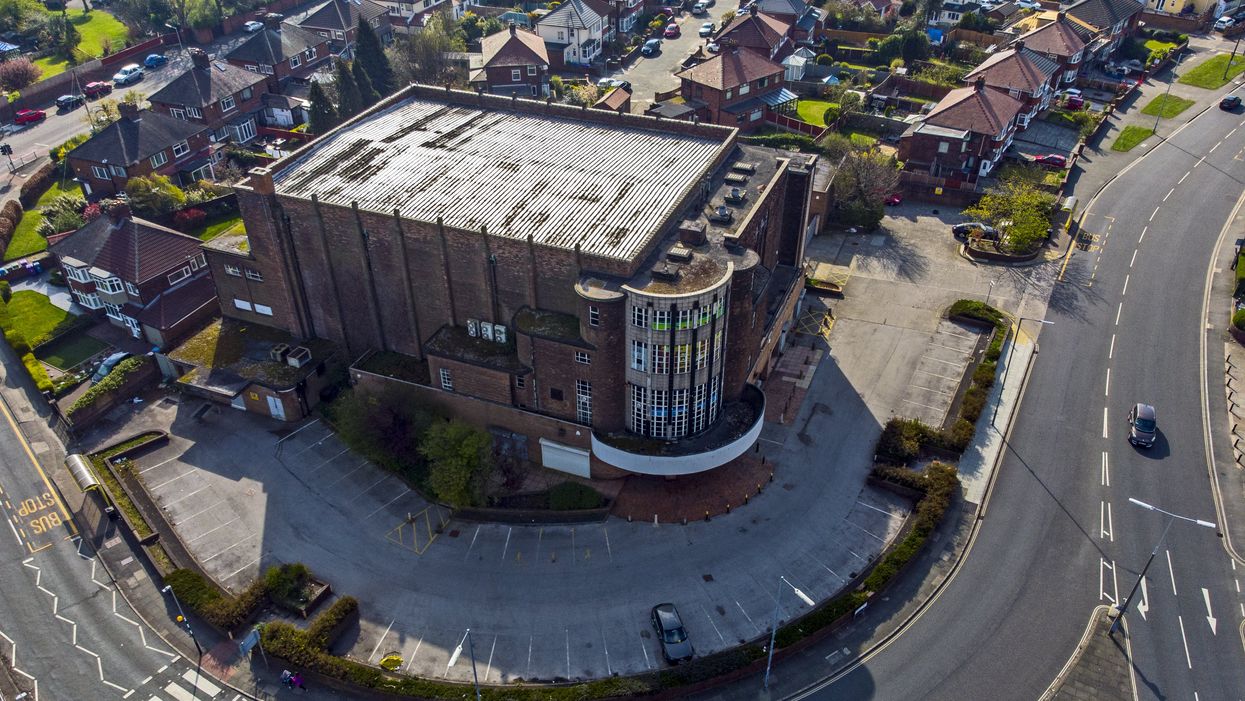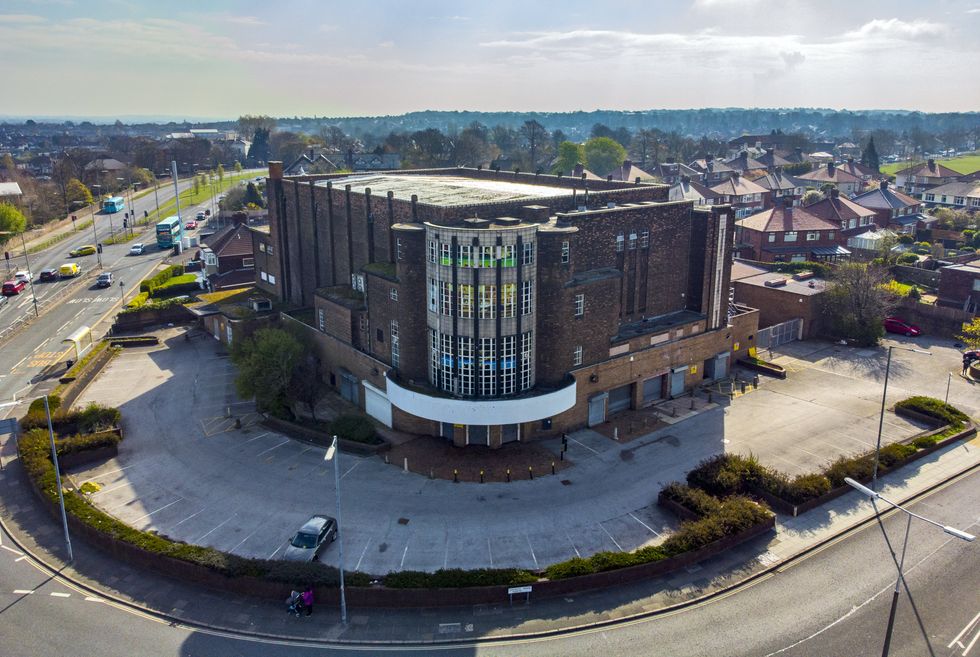
A former cinema in Liverpool that gave John Lennon many “happy hours” has been saved from demolition thanks to a campaign by locals.
The Abbey Cinema, built in 1939, has been granted grade II listed status by Culture Secretary Oliver Dowden following calls to protect it from SAVE Britain’s Heritage and local residents group Love Wavertree.
Lidl announced their plans to demolish the building and build a new store on April 7 2021, which prompted a backlash from residents and the heritage charity.
A petition created by Wavertree resident Clare Devaney reached almost 7,000 signatures before the listed status was announced.
Marcus Binney, executive president of SAVE Britain’s Heritage, said: “This recognition of the Abbey’s importance sets a positive precedent for Britain’s remaining interwar art deco cinemas.
“They are among the most beloved buildings in popular feeling, yet over two thirds have now been lost, and many of the survivors were crudely converted.”
📢💪 LET IT BE LISTED 🥳 SAVE listing campaign victory means Beatles cinema can live ‘Abbey Ever After’! ♻️ See here f… https://t.co/9CtrhiAt4u— SAVEBritainsHeritage (@SAVEBritainsHeritage) 1619008044
The cinema is referenced in the original lyrics to John Lennon’s song, In My Life, as giving him “happy hours”, and bandmate George Harrison was born directly opposite the building.
Henrietta Billings, director of SAVE Britain’s Heritage, said: “We are very grateful to the experts who supported our application, and especially to everyone who shared and signed Love Wavertree’s petition.
“We hope Lidl will now work with us on a design which brings out the glamour of this elegant old movie star.”
Lidl had stated that the building was not financially viable for them to use and they had “considered all options for the site” before coming to their decision to demolish it.
However, the historical value that the building holds has been highlighted by Historic England on their listing website.
It reads: “It has strong group value with the nearby listed Lock Up (1796), Picton Clock Tower (1884), and the Lamb Hotel (mid-C19 with late-C19 alterations) in highlighting the evolution, development and changing face of Wavertree village from a small rural village into a suburb of Liverpool.”















